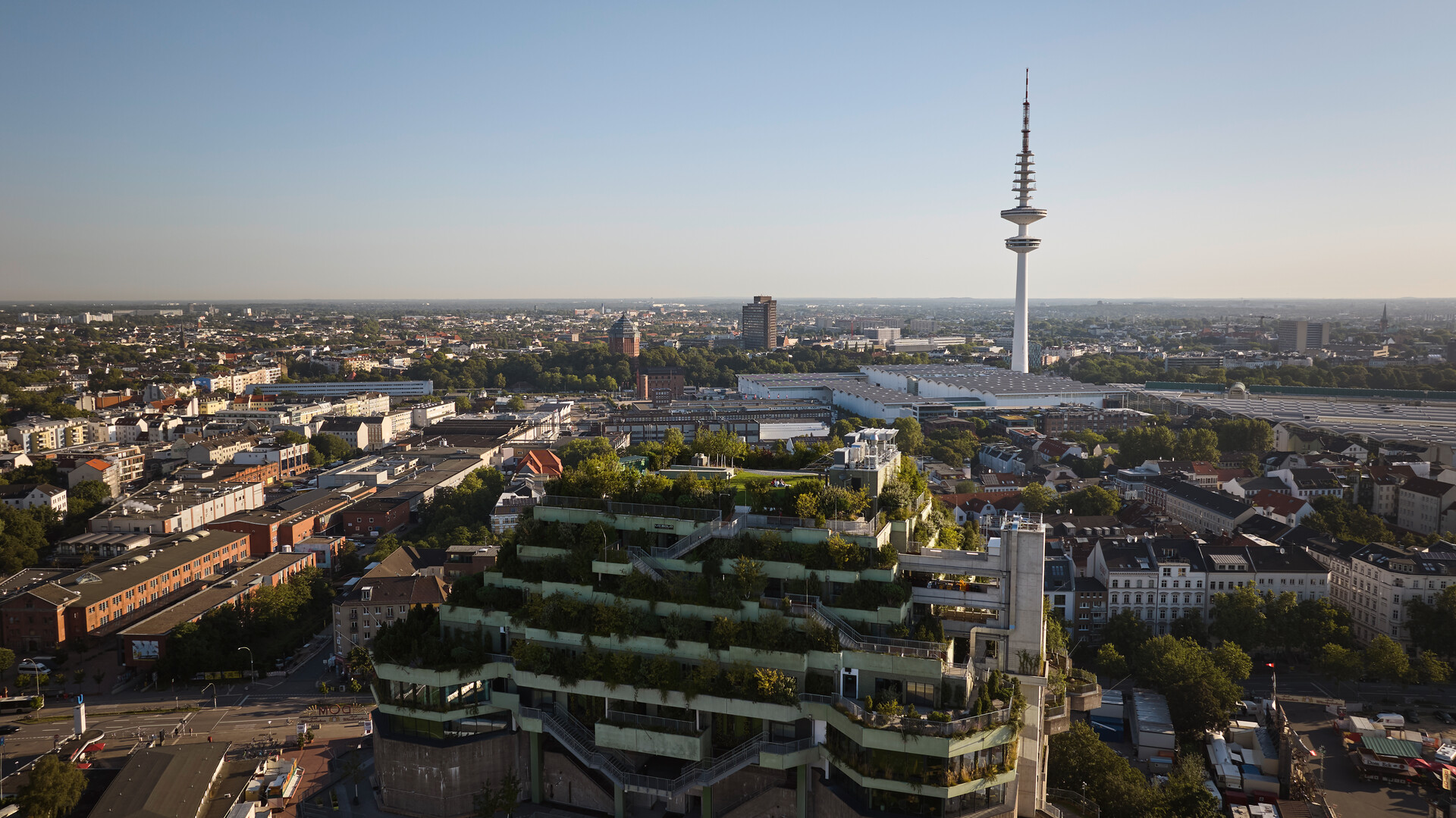Hamburg referendum backs more ambitious climate action, 2040 net-zero target
Hamburg voters have backed a citizen-led referendum that obliges Germany’s second largest city to step up climate action and reach climate neutrality by 2040, five years earlier than previously planned. 53 percent of voters in the Northern port city supported the measure, while 47 percent opposed it, according to local broadcaster NDR. Voter turnout was just below 44 percent.
The referendum was initiated by youth climate movement Fridays for Future. A wide range of civil society groups supported the initiative, including trade unions and tenant associations.
The wealthy northern city state with around two million residents must now implement the initiative’s draft bill which includes binding annual CO2 caps and measures to curb traffic emissions. City mayor Peter Tschentscher, a Social Democrat who rules in a coalition with the Greens, said the Hamburg government will adapt the city’s climate plan, as required by the constitution and legal situation, with a transition period of two years.
Prior to a Hamburg state election in March, Tschentscher had warned the referendum’s approval would overburden citizens and undermine support for climate action, especially among lower-income households, as it could require driving bans and costly building renovations.
Following the referendum’s success, Tschentscher said his government will take into account the initiative's stipulation that climate protection must be affordable and socially acceptable. He warned that bringing the climate neutrality goal forward to 2040 can only work with support from the federal government.
With the exception of the Left party, no group represented in the city parliament openly supported the referendum, including the Greens. Conservative (CDU) opposition leader Dennis Thering accused Tschentscher of underestimating the referendum. “The strategy of hoping that the quorum [necessary voter participation] would not be reached has proven to be a costly misconception,” Thering said.
A study commissioned by Hamburg’s environment authorities found that the 2040 target is technically feasible, but would require steep efforts across nearly all sectors – including phasing out gas and oil heating, expanding electrified transport, introducing a city-wide 30 km/h speed limit, and ending industrial gas use.
Business associations warned that the referendum will weaken local companies. “We can no longer rule out production relocations and job cuts among our companies, which are competing on a global scale,” said Andreas Pfannenberg, head of the Hamburg Industrial Association.
Luisa Neubauer, the most prominent leader of the youth climate movement Fridays for Future (FfF), said that Hamburg is advancing on climate action, while the federal government is falling behind. “We have made history,” the Hamburg native said.

